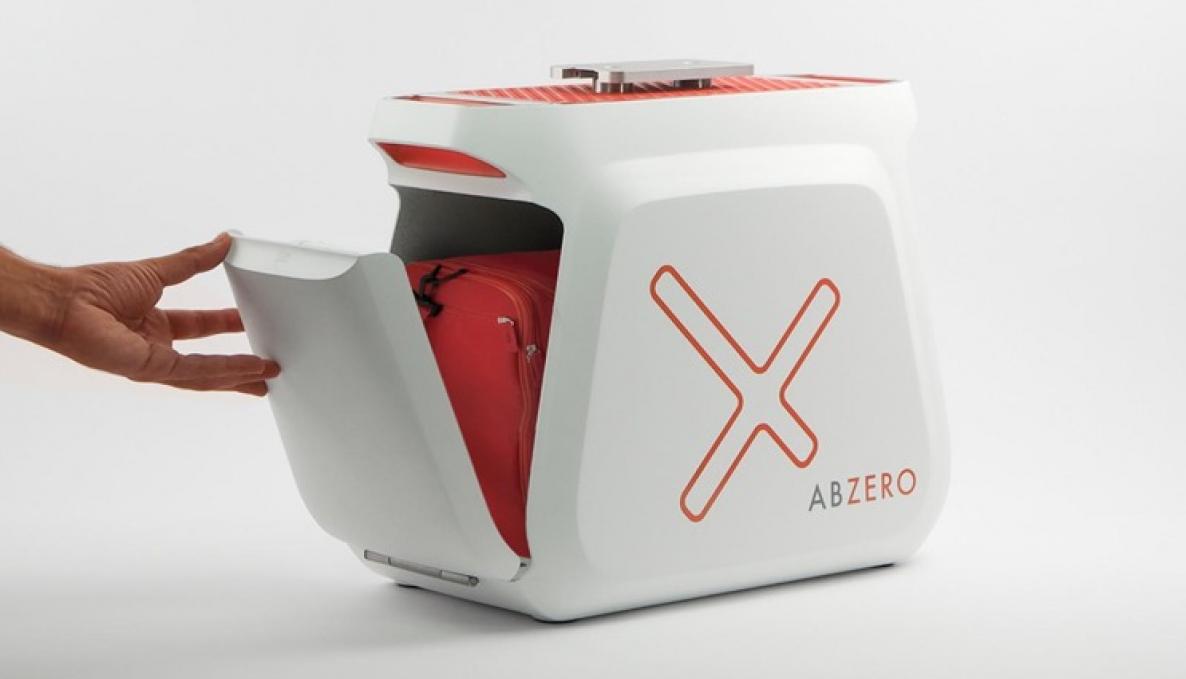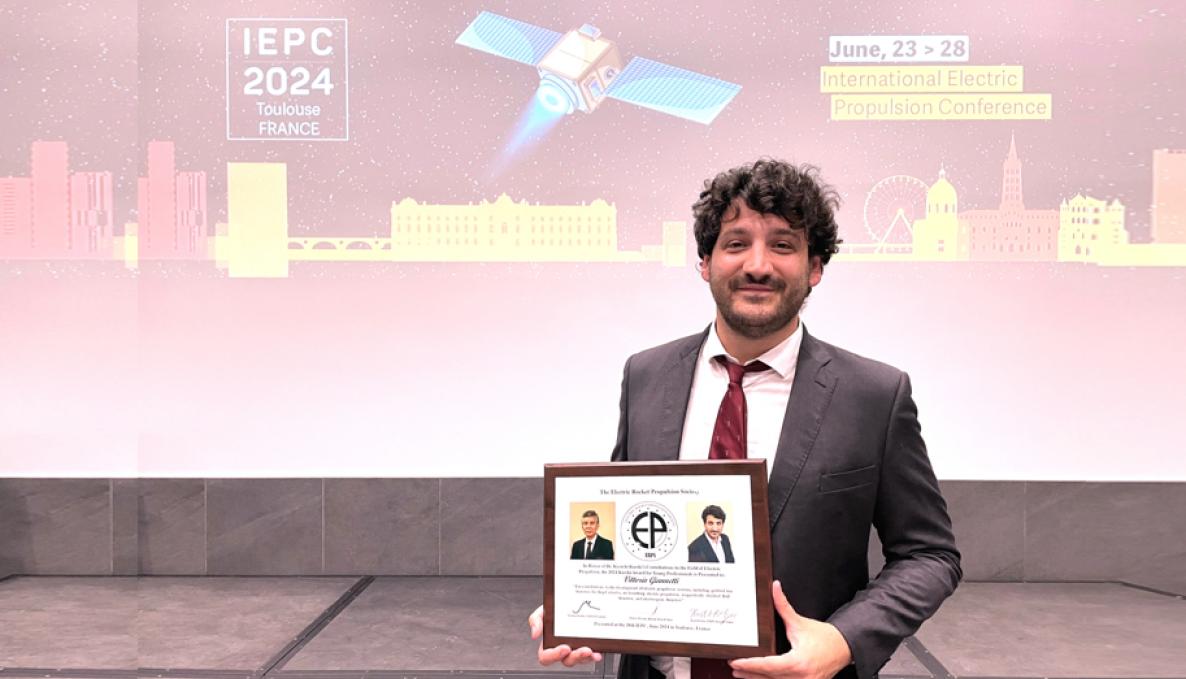Drones for the transport of blood and hemocomponents: published in the prestigious journal "Drones" the positive results of a study conducted by the Sant'Anna School, CNR-Ifc and Asl Toscana Nord Ovest, in collaboration with Abzero, spin-off of the School

Being able to decrease the delivery time of life-saving goods, such as blood and hemocomponents, becomes possible. The biomedical logistics sector has been introducing drone transportation for some years, but the practice has stirred several questions about the risks and safety of the procedure. A joint study by the Institute of Applied Physics 'Nello Carrara' of the National Research Council in Florence (CNR-Ifac), ASL Toscana Nord Ovest, and the Sant'Anna School, in collaboration with ABzero, a spin-off of the Sant'Anna School, has demonstrated the biological integrity of blood samples, transported in a 'smart-capsule' via a drone. The positive results were published in the prestigious journal "Drones" and the full article can be read at this link.
"Among the various realities that are trying their hand at solving this need, the Sant'Anna School's spin-off ABzero, incubated at the Polo Tecnologico di Navacchio (Pisa), has designed a smart container specifically designed for this type of transport. Specifically, the sensorized capsule, designed to contain blood and hemocomponents, in full compliance with UN3373 regulations and 2002/98/EC directives, has been developed so that it can monitor the condition of the materials in real time, detecting their temperature, humidity, pH and hemolysis, and activating alert and response procedures in case of need", explains Angela Pirri, a researcher at CNR-Ifac.
Giuseppe Tortora (ABzero) and Andrea Cannas (ABzero) along with Angela Pirri, Fabrizio Niglio and Paola Comite (ASL Toscana Nord Ovest) are involved in the project. The group was engaged in quality control of the assets, device design, and preparation of laboratory and field examinations that validated the effectiveness of the drone transport mode. "The study showed that the development of a capsule equipped with artificial intelligence (AI), transportable by drone, is capable of preserving the thermal conditions of the transported biological materials, under all flight conditions (different altitudes, speeds, accelerations/decelerations), while chemical tests confirmed the integrity of the samples before and after drone transport operations", Angela Pirri points out. "The overall performance of the system was validated during the performance of eight different flight missions, of about 13 minutes duration each, and covering a total flight distance of 105 km for a total of 39 hours of flight time," the researcher continues.
The effectiveness and safety of the innovative mode of transport applied to urgent situations, related to life-saving goods, represents a huge step forward capable of improving delivery timelines, but also economic efficiency, especially in more remote areas that are difficult to reach quickly by ordinary vehicles. The research already poses new prospects for development, such as transfusion on patients, the evolution of current pneumatic mail inside hospital buildings, or even making the modality an alternative delivery system for dangerous biological materials from hospital units to laboratories in case of health or pandemic crises.
Photo source: CNR Press Office




